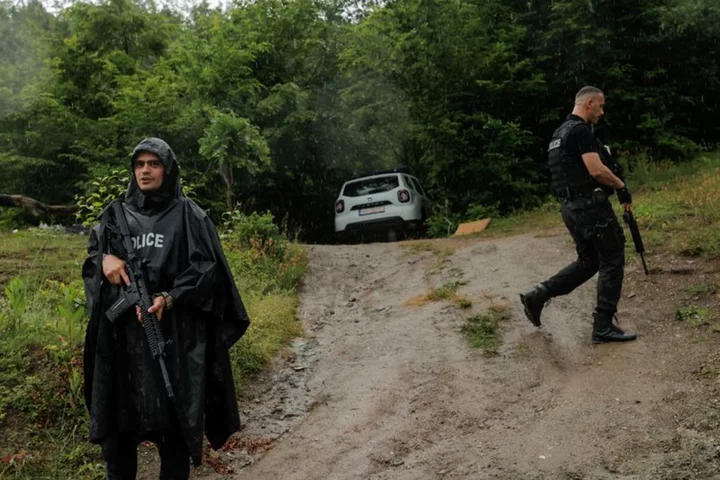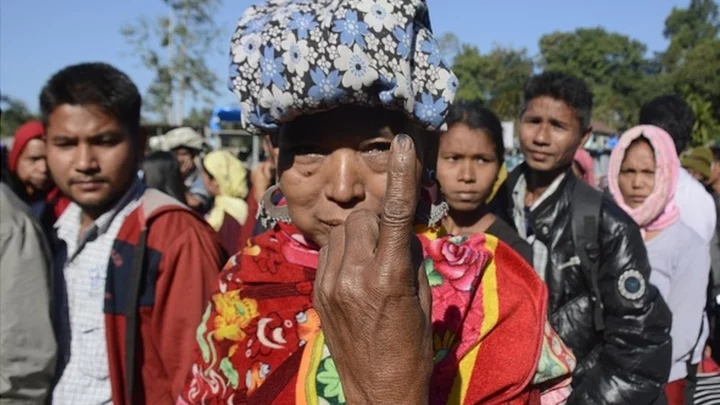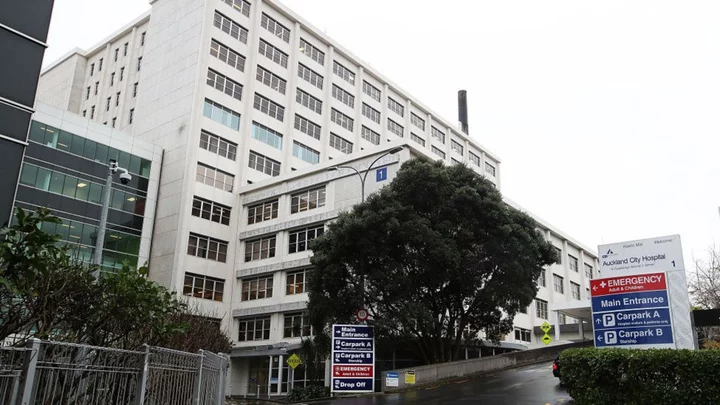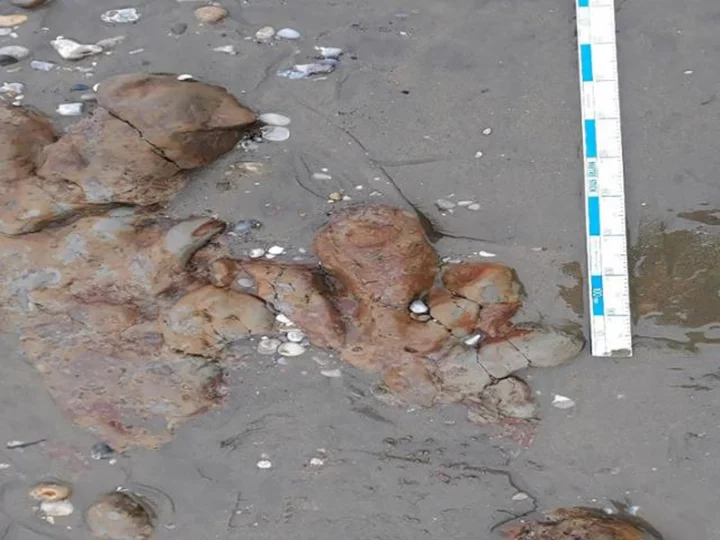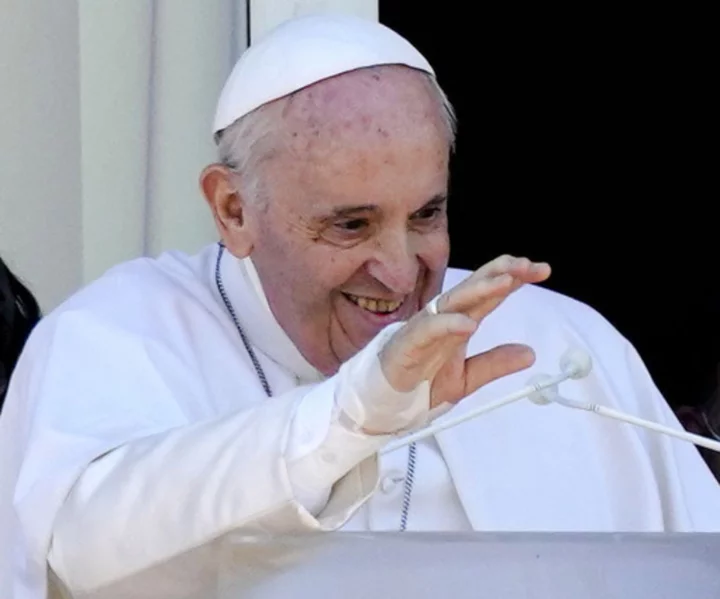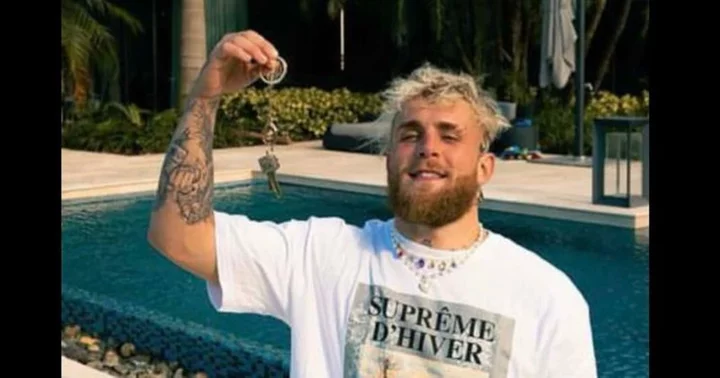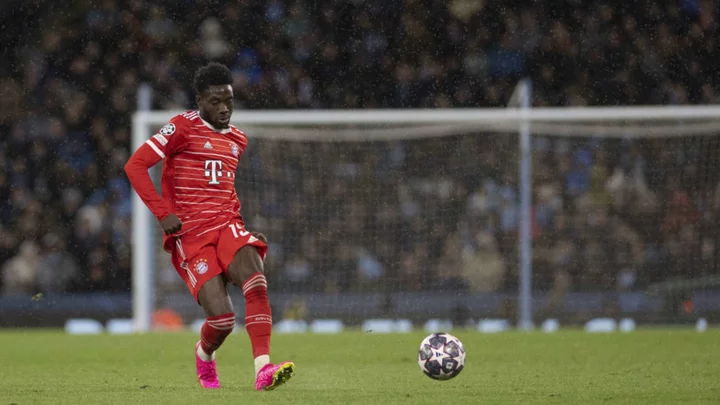By Fatos Bytyci and Aleksandar Vasovic
PRISTINA/BELGRADE (Reuters) -Three Kosovo police officers were detained by Serbian forces on Wednesday but officials from Kosovo and Serbia gave different locations for the arrest, accusing each other of crossing the border illegally.
The detentions were the latest in a series of developments that have raised tensions between Kosovo and Serbia, sparking fears of renewed violence between the former wartime foes.
Also on Wednesday, the European Union said it had agreed punitive measures on Kosovo Prime Minister Albin Kurti's government, accusing him of failing to take steps to defuse the broader crisis.
Kurti demanded the release of the three officers. He said they had been arrested 300 metres inside Kosovan territory, near the border with Serbia.
"The entry of Serbian forces into the territory of Kosovo is aggression and aimed at escalation and destabilization," Kurti wrote on his Facebook page.
But Serbia's President Aleksandar Vucic said the three were arrested "as far as 1.8 kilometers (1 mile)" inside Serbian territory near the village of Gnjilica. He also accused Kurti of inciting conflicts.
"We are at the crossroads whether we will have peace or not ... and there's one man in the Balkans who wants to incite conflicts at any cost and that is Albin Kurti," Vucic said in a live TV broadcast.
He rejected Kurti's accusation that the Serbian police entered Kosovo, saying: "They did not even set a foot there."
Vucic said Belgrade was willing to submit all the evidence and accept an international inquiry into the arrests and that it could relocate some of its military currently stationed around five km (3.1 miles) away from the boundary to garrisons inside Serbia to defuse tensions.
"It will be difficult to return to normalcy," he said.
Kosovo banned all vehicles with Serbia's licence plates from entering its territory in response to the arrests, an interior ministry official told Reuters on Wednesday evening.
The EU said its members had approved a range of measures against Kurti's government for failing to de-escalate the broader crisis, some of which would take effect immediately.
"These measures are incremental, with financial and political consequences, starting with suspension of high-level visits and contacts and events, as well as our financial cooperation with Kosovo," EU foreign affairs spokesman Peter Stano told reporters in Brussels.
He did not provide more details. There was no immediate reaction from Kurti but he has previously insisted Serbia and Serb criminal gangs are to blame for the crisis.
Kosovo declared independence from Serbia in 2008, nearly a decade after an uprising by the 90% ethnic Albanian majority against repressive Serbian rule.
In 1999, a NATO bombing campaign drove Serbian security forces out of Kosovo but Belgrade continues to regard it as a southern province.
Violence flared last month when 30 NATO peacekeepers and 52 Serbs were injured in clashes in four predominantly Serb municipalities in northern Kosovo just outside Serbia.
It erupted after Serbs rallied against ethnic Albanian mayors who moved into their offices following a local vote in which turnout was just 3.5%. Serbs in the area boycotted the election.
(Reporting by Fatos Bytyci, Ivana Sekularac, Aleksandar Vasovic and Andrew Gray; Editing by Frank Jack Daniel, Jonathan Oatis, Angus MacSwan, William Maclean And Cynthia Osterman)

